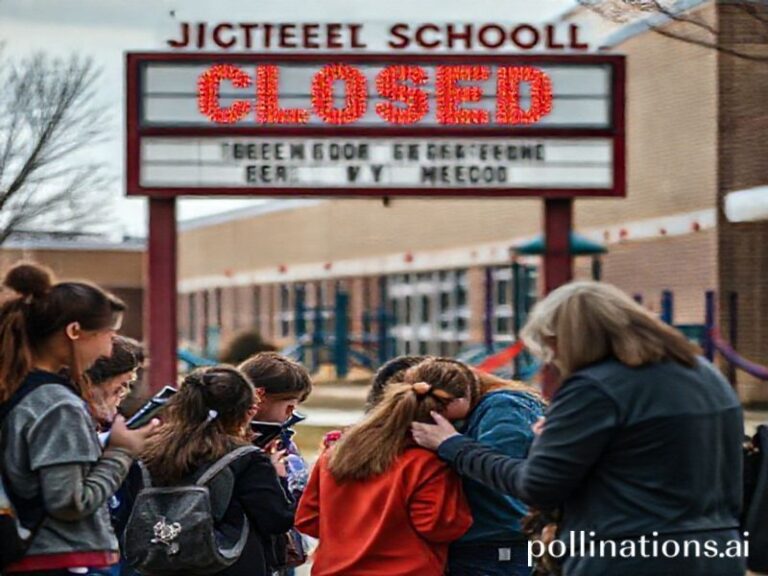From L.A. Soundstage to Global Zeitgeist: How Rachel Reilly Became the World’s Guilty Pleasure
Rachel Reilly: The Global Echo of a Reality-TV Gladiator
It begins, as so many modern nightmares do, on a soundstage in Los Angeles. The year is 2010, the franchise is Big Brother, and the contestant is Rachel Reilly—a bottle-blonde hurricane of strategic tears, chemical self-confidence, and the sort of laugh that makes diplomats reach for the scotch they pretend not to drink. Within a month she has weaponized mascara, turned loyalty into a tradable commodity, and made the phrase “floaters grab a life vest” ring across five continents like a NATO alert. Viewers from Lagos to Lisbon discover they can hate and binge simultaneously—a skill now required of all global citizens.
Fast-forward fourteen years and Ms. Reilly is no longer merely an American spectacle; she is a transnational case study in how democracies entertain themselves to death. When she reappears on The Amazing Race, producers in Stockholm and São Paulo scribble notes: here is a woman who treats airport queues like the fall of Carthage and souvenir shopping like arms negotiations. Ratings spike in South Korea, where commentators compare her alliance-building to early Samsung vertical integration. In India, Twitter memes label her “Mata Hari with a Sephora loyalty card.” The planet, it seems, enjoys watching one woman turn leisure into geopolitics.
The wider significance? Reilly exports a uniquely American product: the myth that personal brand is destiny. From Berlin co-working spaces to Manila call centers, hustlers now rehearse her diary-room monologues in the mirror, dreaming that if they emote loudly enough the algorithm will ferry them across borders. Immigration officers at Heathrow report a measurable uptick in arrivals who list “influencer” as occupation, then cite Rachel Reilly as precedent. The Home Office, lacking irony, files the stat next to asylum claims.
Meanwhile, autocrats take notes of a different flavor. In Moscow, state television runs heavily edited clips of Reilly’s meltdowns under the chyron “Western Decadence.” Viewers are encouraged to contrast her theatrical sobbing with the stoic endurance of tractor-driving babushkas—never mind that the same channel later live-streams a cage-fight between oligarchs. The lesson is clear: emotional incontinence is fine so long as it’s tax-deductible.
Economists weigh in. The Reilly Effect, as one Zurich think tank dubs it, correlates with rising sales of ring lights and falling sales of nuance. The IMF quietly adds “contestant volatility” to its list of systemic risks, somewhere between crypto bubbles and water wars. Central bankers in Buenos Aires blame her for a 2% spike in credit-card defaults after viewers attempt to mimic her champagne-popping lifestyle on a tap-water budget.
And yet, for all the ridicule, there is a grudging respect. Reilly has done what the United Nations never managed: create a shared reference point between teenagers in Jakarta and retirees in Reykjavík. When she appears on yet another all-stars season, bars in Cape Town toast her like a returning war criminal. In the comment threads, Israelis and Palestinians pause their daily hostilities to agree she was robbed in that veto competition. World peace, it turns out, is negotiable if the prize money is large enough.
Her marriage to fellow contestant Brendon Villegas—an astrophysicist who voluntarily chose this life—adds a subplot of cosmic absurdity. Paparazzi in Sydney stalk them as though they were the von Trapps, minus the singing and plus the protein powder. Their offspring, should any survive the inevitable Instagram Live gender-reveal, will inherit citizenship in a nation-state called Sponsorship.
As COP28 delegates argue over carbon budgets, Rachel live-streams from Dubai, promoting a detox tea that promises to cleanse both body and conscience. The irony is so dense it bends light. Somewhere in the Hague, a war-crimes prosecutor watches, wonders if there’s jurisdiction, and pours another drink.
Conclusion: In a fractured century, Rachel Reilly has become the campfire story told by a planet that can’t decide whether to roast marshmallows or itself. She is proof that the most valuable export of empire is not democracy but drama, bottled, filtered, and sold back to us at 1080p. The world keeps spinning, barely, and she keeps winning—if only because losing well is no longer profitable.







